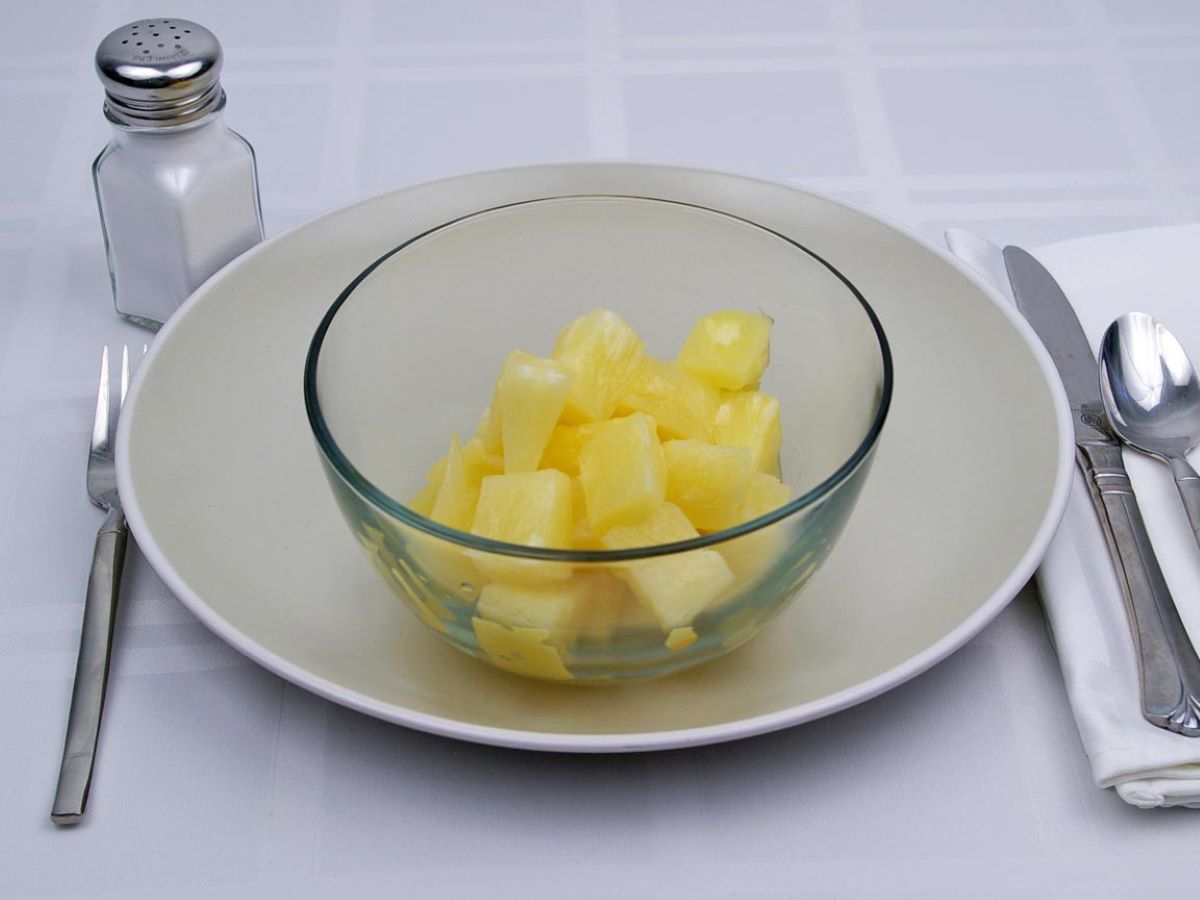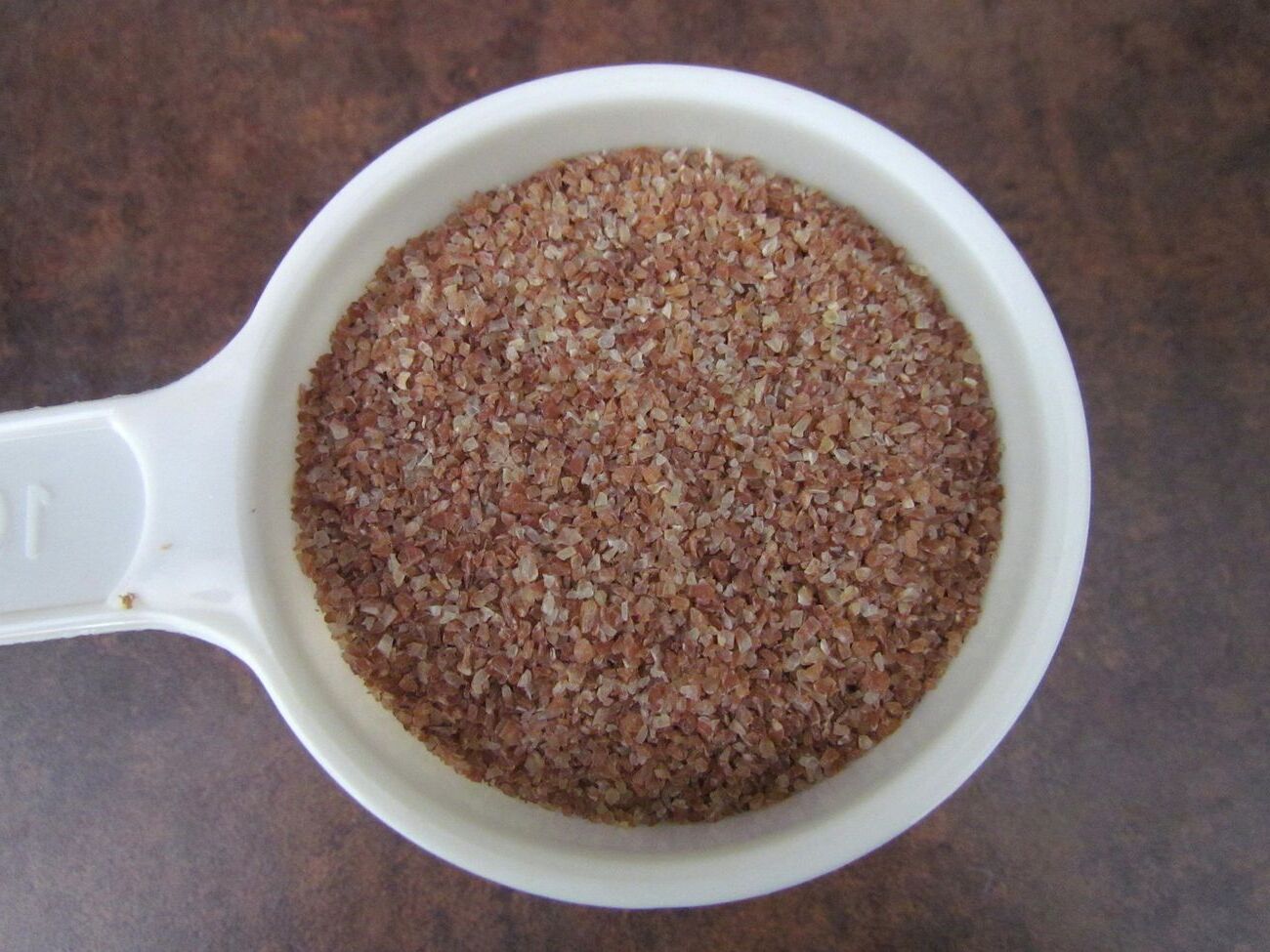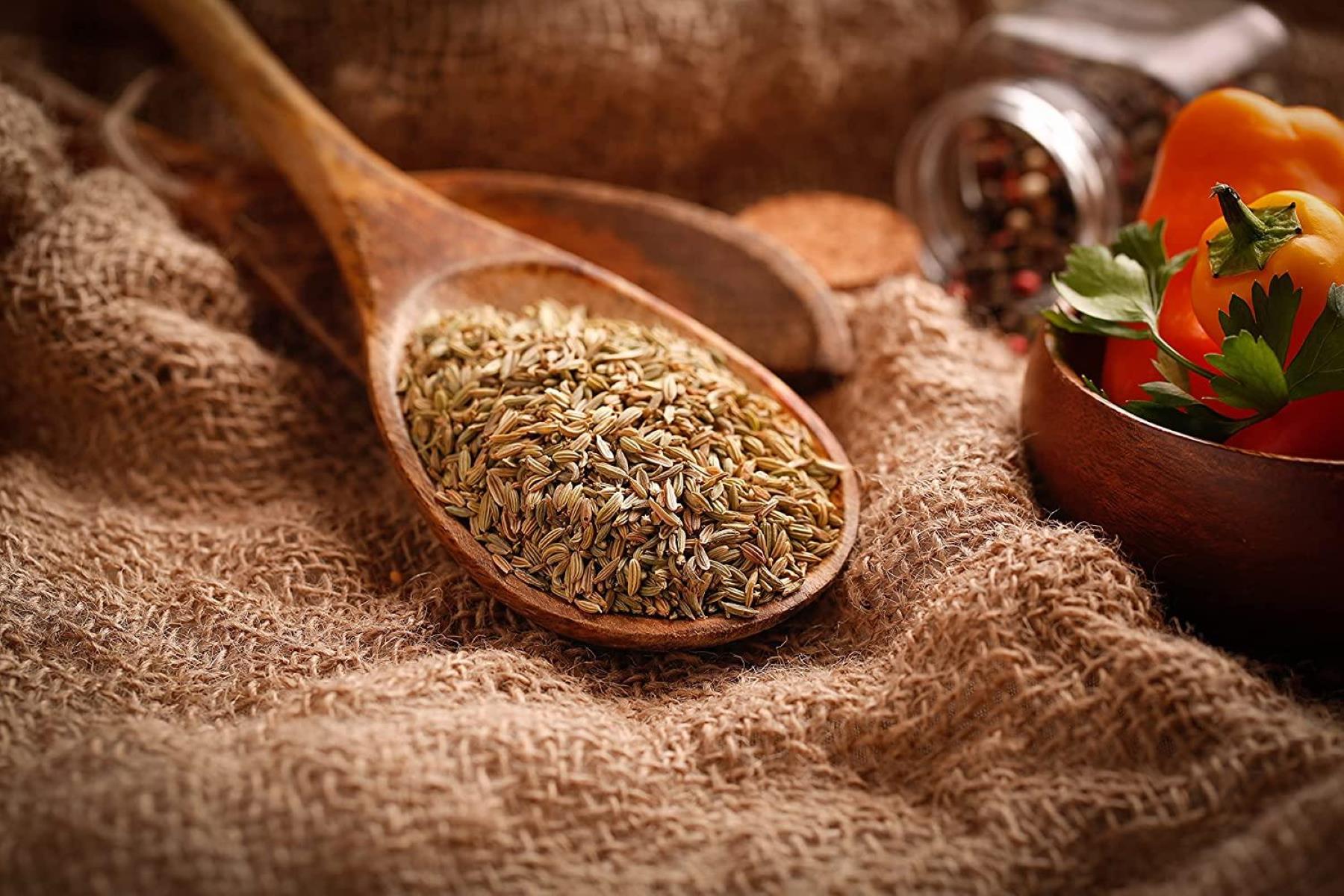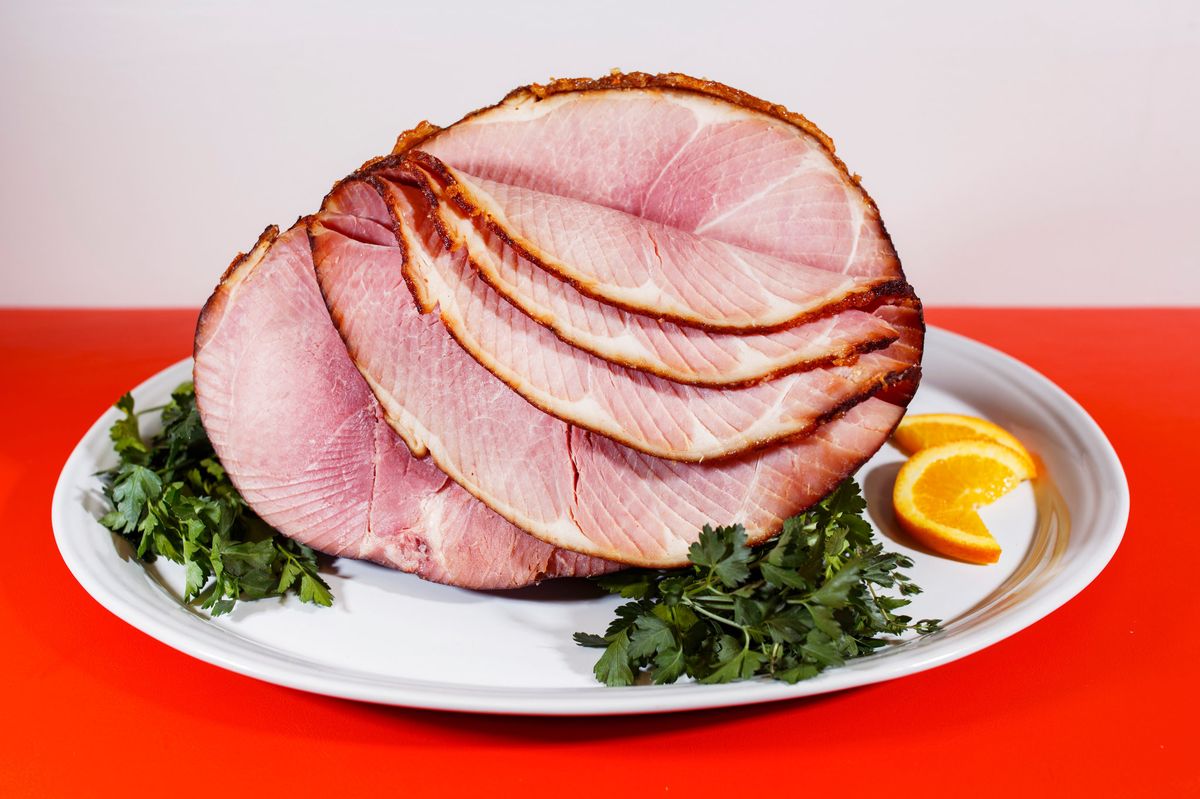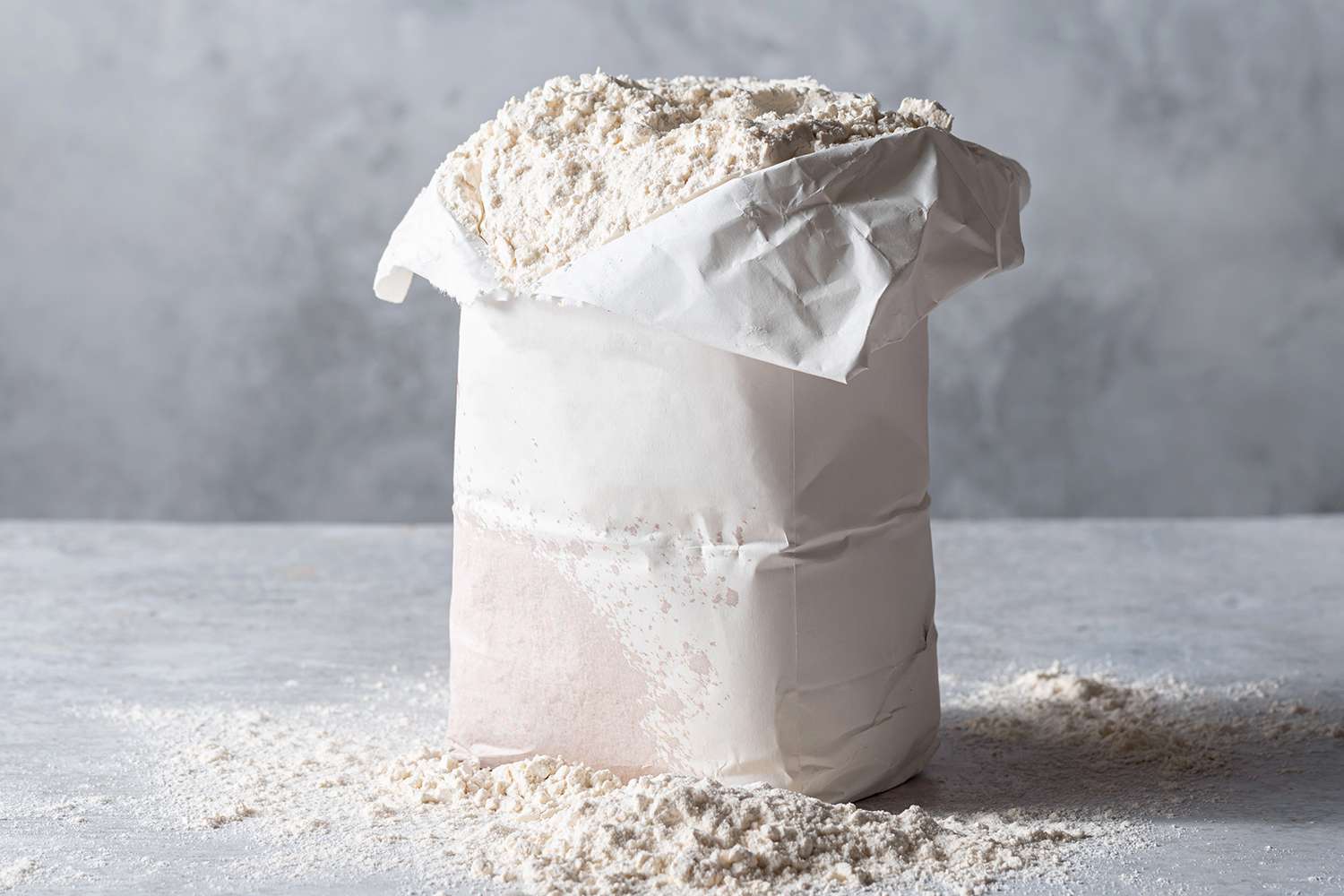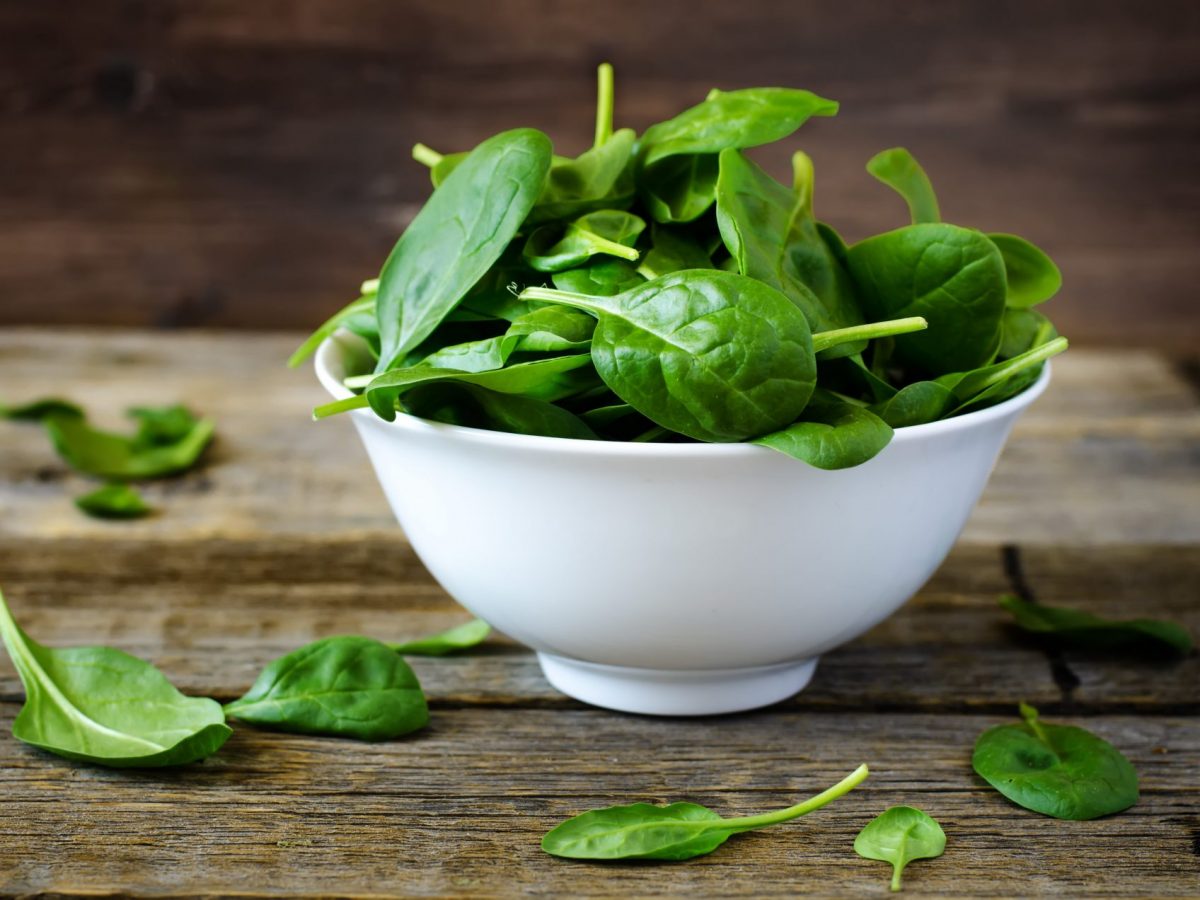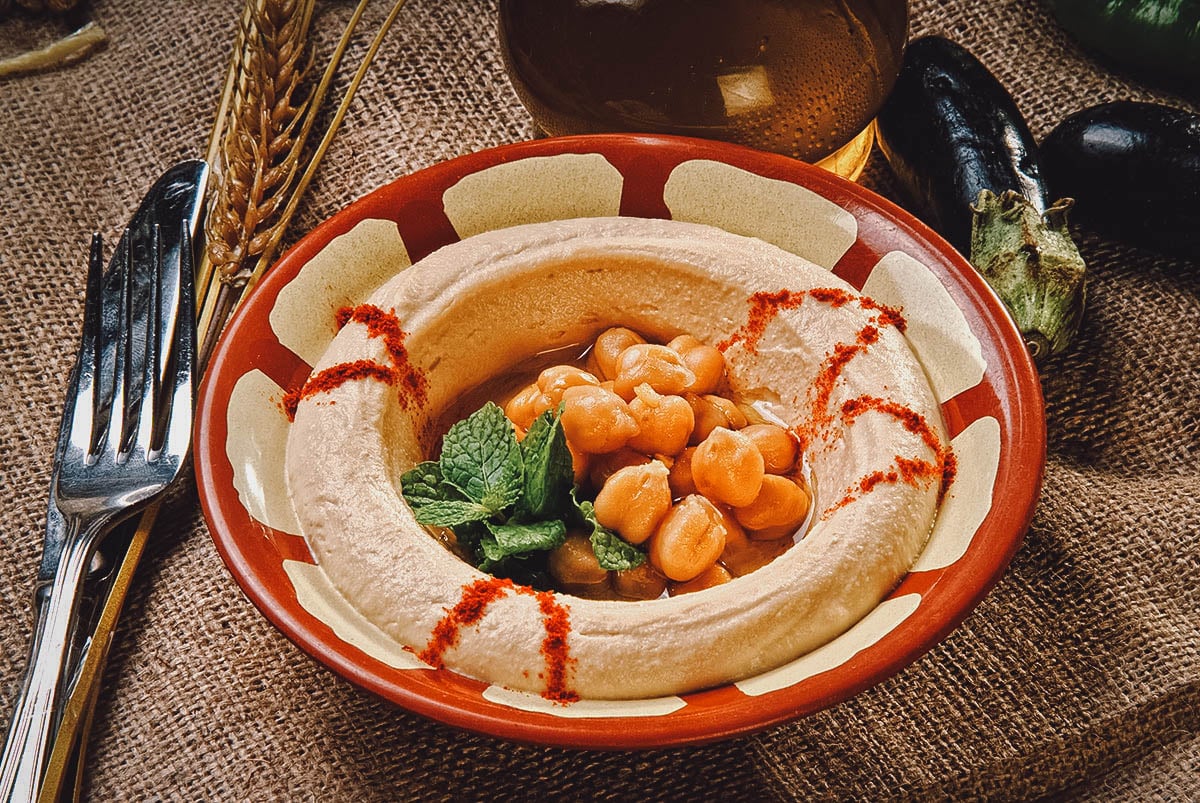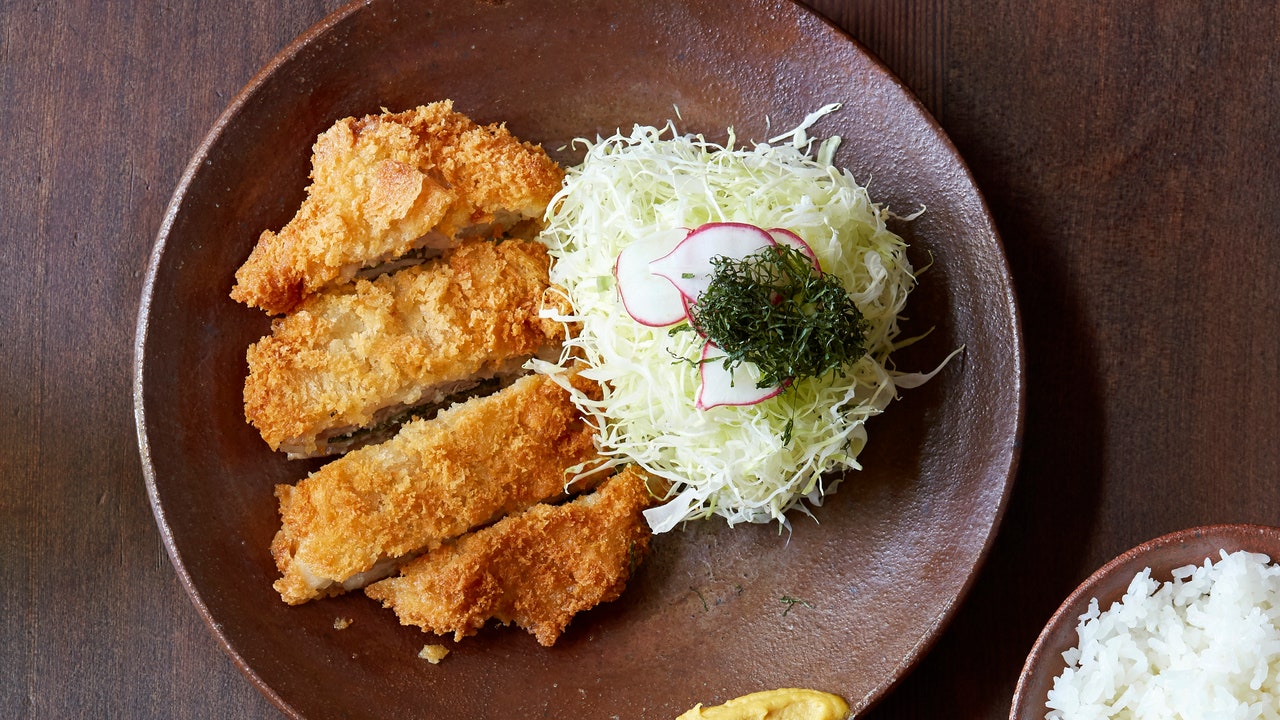Understanding Halal Rice: What You Need to Know
When it comes to food, there are various dietary restrictions and requirements that people follow based on their cultural and religious beliefs. One such dietary practice is halal, which is an Arabic word that translates to “permissible” in English. Halal food, including rice, adheres to Islamic law and is prepared and consumed in accordance with specific guidelines.
What Makes Rice Halal?
Halal rice is prepared in a manner that complies with Islamic dietary laws. This means that the rice must be free from any prohibited substances, such as alcohol and pork, and should be processed and handled in a way that aligns with halal principles. Additionally, the equipment and facilities used to process the rice must be free from any non-halal contaminants.
Key Considerations for Halal Rice Production
When it comes to producing halal rice, there are several important factors to consider:
- Sourcing: The grains of rice must be sourced from halal-certified suppliers to ensure that they meet the necessary standards.
- Processing: The processing facilities must adhere to halal guidelines, and any additives or preservatives used in the rice must also be halal-certified.
- Certification: Halal rice may be certified by recognized halal certification bodies, providing consumers with assurance that the product meets halal requirements.
Halal Rice in Culinary Practices
Halal rice is a staple in many traditional Islamic dishes and cuisines. It serves as a versatile and essential ingredient in various recipes, ranging from biryanis and pilafs to rice-based desserts. When preparing halal rice dishes, it’s important to ensure that all accompanying ingredients, such as meats and seasonings, also adhere to halal standards.
Benefits of Choosing Halal Rice
Opting for halal rice offers several benefits, including:
- Adherence to Dietary Restrictions: For individuals who follow halal dietary guidelines, consuming halal rice provides a way to maintain their religious and cultural practices.
- Quality Assurance: Halal certification involves rigorous standards and inspections, ensuring that the rice meets specific quality and safety criteria.
- Respect for Cultural Diversity: By offering halal rice options, food providers and manufacturers demonstrate inclusivity and respect for diverse dietary preferences.
Conclusion
In summary, halal rice plays a significant role in Islamic dietary practices, offering a permissible and culturally appropriate option for individuals adhering to halal guidelines. By understanding the principles of halal food preparation and the considerations involved in producing halal rice, consumers can make informed choices that align with their dietary and religious beliefs.
Whether enjoyed on its own or as part of a flavorful dish, halal rice serves as a symbol of cultural identity and culinary tradition within the Islamic community.
Was this page helpful?
Read Next: What Is A Grams To Cups Converter
